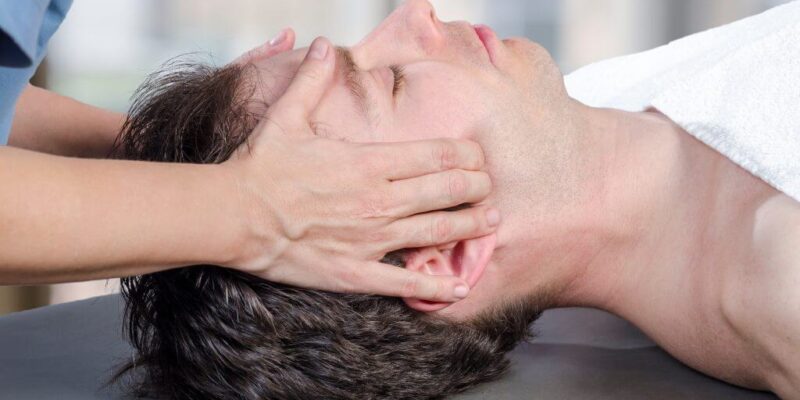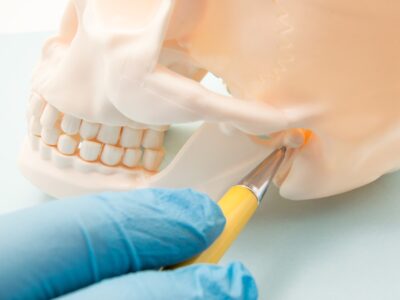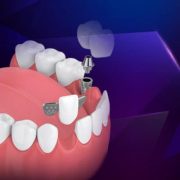Physiotherapy, also known as physical therapy, is a branch of healthcare that focuses on restoring and maintaining physical function and mobility. While it is commonly associated with musculoskeletal injuries and rehabilitation, physiotherapy can also play a significant role in dentistry.
In dentistry, physiotherapy techniques are used to address various conditions and concerns related to the temporomandibular joint (TMJ) and facial muscles. These techniques can help alleviate pain, improve jaw function, and enhance overall oral health.
Understanding Temporomandibular Joint Disorders
The temporomandibular joint, as we all know, is the hinge joint that connects the lower jawbone (mandible) to the skull. It allows for essential movements such as chewing, speaking, and yawning. However, due to various factors like stress, trauma, or misalignment of the teeth or jaw, this joint can become dysfunctional.
Temporomandibular joint disorders (TMD) are a group of conditions that affect the TMJ and surrounding structures. Common symptoms include:
- jaw pain or tenderness
- clicking or popping sounds when opening or closing the mouth
- difficulty chewing or speaking
- deviation on opening or asymmetry
- headaches and
- neck pain.
How Physiotherapy Can Help
Physiotherapy offers non-invasive treatment options for TMD by addressing muscle imbalances and improving joint mobility. Here are some techniques commonly used in physiotherapy for TMDs:
1. Manual Therapy
Manual therapy involves hands-on techniques performed by a trained professionals to assess and treat muscle tension or joint dysfunction in the TMJ area. This may include gentle manipulation of the jaw joints to restore proper alignment and reduce pain.
2. Therapeutic Exercises
Specific exercises tailored to the patient’s condition can be recommended. They help in soft tissue mobilisation and releasing the muscles stress. These exercises aim to strengthen weak muscles around the TMJ while stretching tight muscles to restore balance and improve jaw function.
3. Heat or Cold Therapy
Heat or cold therapy can be used to reduce pain and inflammation in the TMJ area. Applying a warm compress or ice pack can help alleviate discomfort and promote healing. Alternatively, this can be done by use of lasers.
4. Posture Correction
Poor posture can contribute to TMD symptoms. Physiotherapy can address postural imbalances that may be putting unnecessary strain on the jaw joints and muscles. Proper ergonomics and exercises to improve posture are highly recommended in TMDs.
The Benefits of Physiotherapy in Dentistry
Physiotherapy can offer several benefits for individuals experiencing TMD symptoms:
- Pain relief: Physiotherapy techniques aim to reduce pain and discomfort associated with TMD, allowing for improved quality of life.
- Improved jaw function: By addressing muscle imbalances and joint dysfunction, physiotherapy can enhance jaw mobility, making it easier to eat, speak, and perform daily activities.
- Non-invasive treatment option: Physiotherapy provides non-surgical and non-pharmacological approaches to managing TMD, minimizing the need for invasive procedures or medications.
- Holistic approach: Physiotherapy takes into account various factors contributing to TMD, such as posture, muscle tension, and joint alignment, providing a comprehensive treatment plan tailored to each individual’s needs.
Conclusion
As dentists, we must be open to all options for TMDs instead of blindly prescribing splints to patients. Physiotherapy plays a valuable role in such disorders by offering effective non invasive treatment options for temporomandibular joint disorders. We can either undergo specific training or take a physiotherapist’s opinion/referral in such cases. It can be a good adjunctive therapy to aid in existing treatment protocols, as well as maintenance therapy to prevent recurrence.















Comments